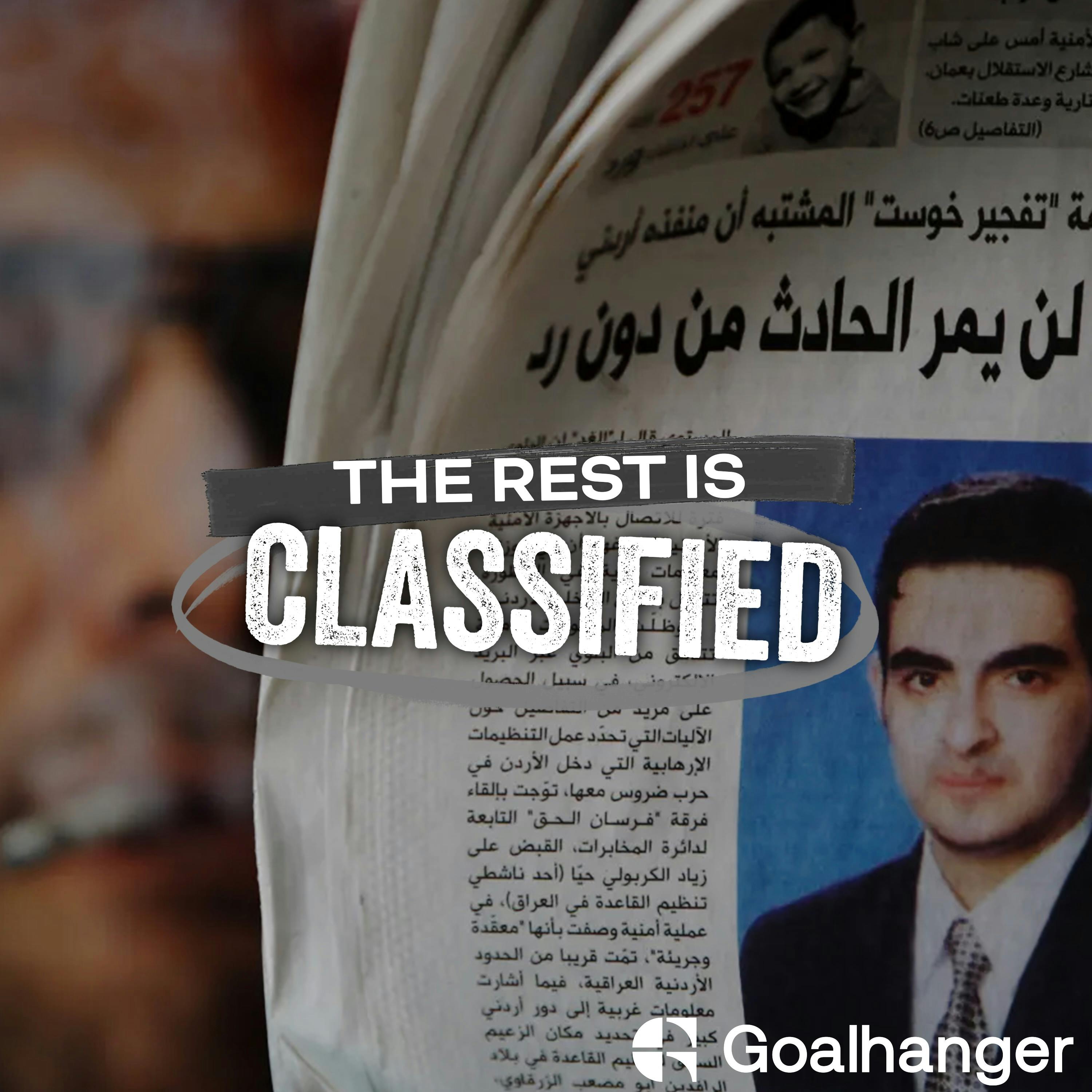82. The Man Who Saved The World: Britain’s Best Ever Agent (Ep 3)
Oleg Gordievsky is now recruited as an agent for MI6 and he is providing intelligence of the highest order, but is there a chance he’ll be rumbled by the KGB? Who will keep him safe in London? And what does Oleg himself have to do to ensure his identity remains secret?
Listen as David and Gordon continue their series on Oleg Gordievsky by looking at his time in London, his crazy KGB colleagues, and the molehunt he conducts into the British security services.
-------------------
Join The Declassified Club: Start your free trial at therestisclassified.com - go deeper into the world of espionage with exclusive Q&As, interviews with top intelligence insiders, quarterly livestreams, ad-free listening, early access to episodes and live show tickets, and weekly deep dives into original spy stories. Members also get curated reading lists, special book discounts, prize draws, and access to our private chat community.
To sign up to the free newsletter, go to: https://mailchi.mp/goalhanger.com/tric-free-newsletter-sign-up
-------------------
Order a signed edition of Gordon's latest book, The Spy in the Archive, via this link.
Order a signed edition of David's latest book, The Seventh Floor, via this link.
-------------------
Email: classified@goalhanger.com
Twitter: @triclassified
Assistant Producer: Becki Hills
Producer: Callum Hill
Senior Producer: Dom Johnson
Exec Producer: Tony Pastor
Learn more about your ad choices. Visit podcastchoices.com/adchoices
Listen as David and Gordon continue their series on Oleg Gordievsky by looking at his time in London, his crazy KGB colleagues, and the molehunt he conducts into the British security services.
-------------------
Join The Declassified Club: Start your free trial at therestisclassified.com - go deeper into the world of espionage with exclusive Q&As, interviews with top intelligence insiders, quarterly livestreams, ad-free listening, early access to episodes and live show tickets, and weekly deep dives into original spy stories. Members also get curated reading lists, special book discounts, prize draws, and access to our private chat community.
To sign up to the free newsletter, go to: https://mailchi.mp/goalhanger.com/tric-free-newsletter-sign-up
-------------------
Order a signed edition of Gordon's latest book, The Spy in the Archive, via this link.
Order a signed edition of David's latest book, The Seventh Floor, via this link.
-------------------
Email: classified@goalhanger.com
Twitter: @triclassified
Assistant Producer: Becki Hills
Producer: Callum Hill
Senior Producer: Dom Johnson
Exec Producer: Tony Pastor
Learn more about your ad choices. Visit podcastchoices.com/adchoices
Press play and read along
Transcript
Transcript is processing—check back soon.
The Rest Is Classified — 82. The Man Who Saved The World: Britain’s Best Ever Agent (Ep 3)





